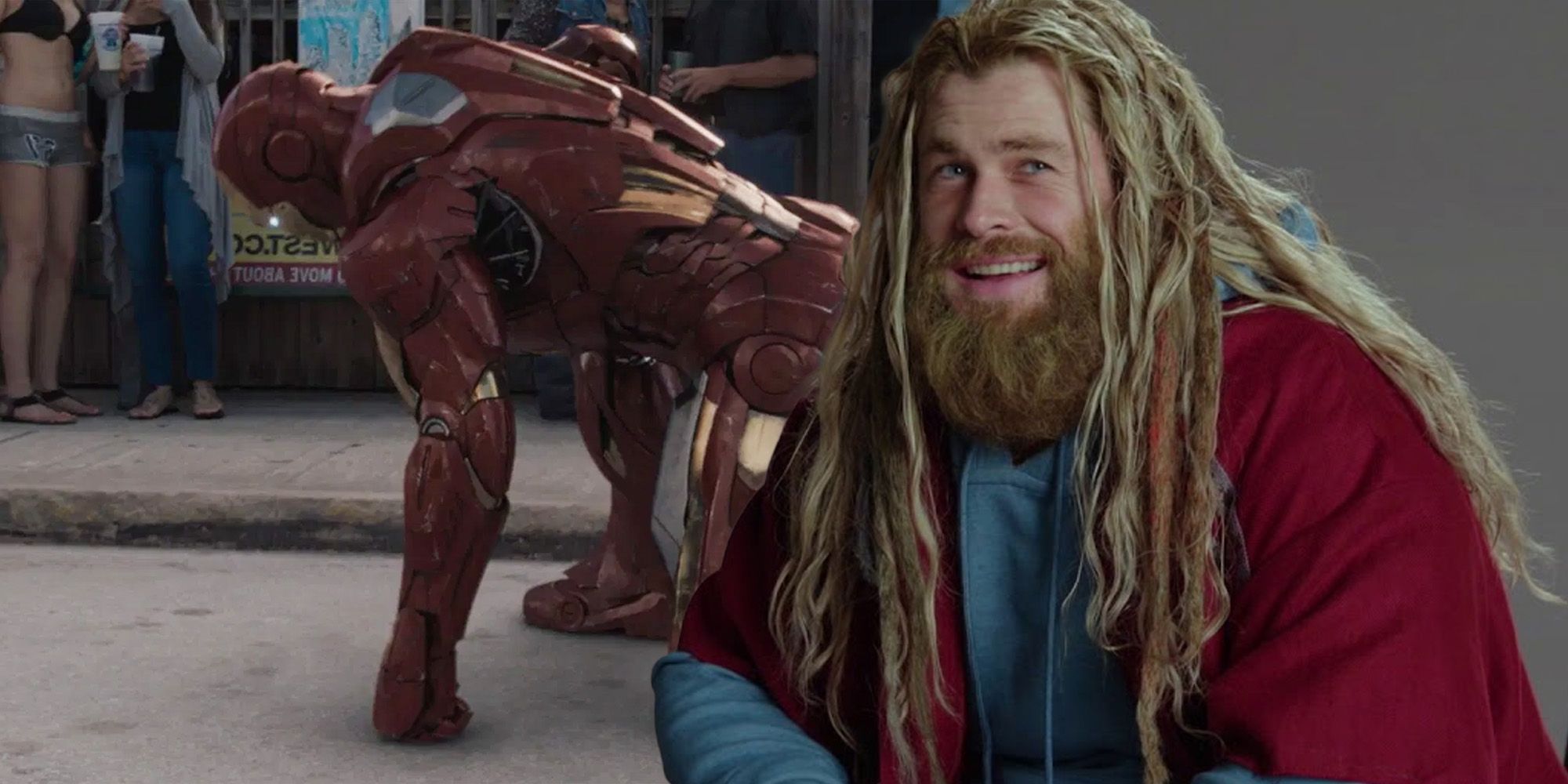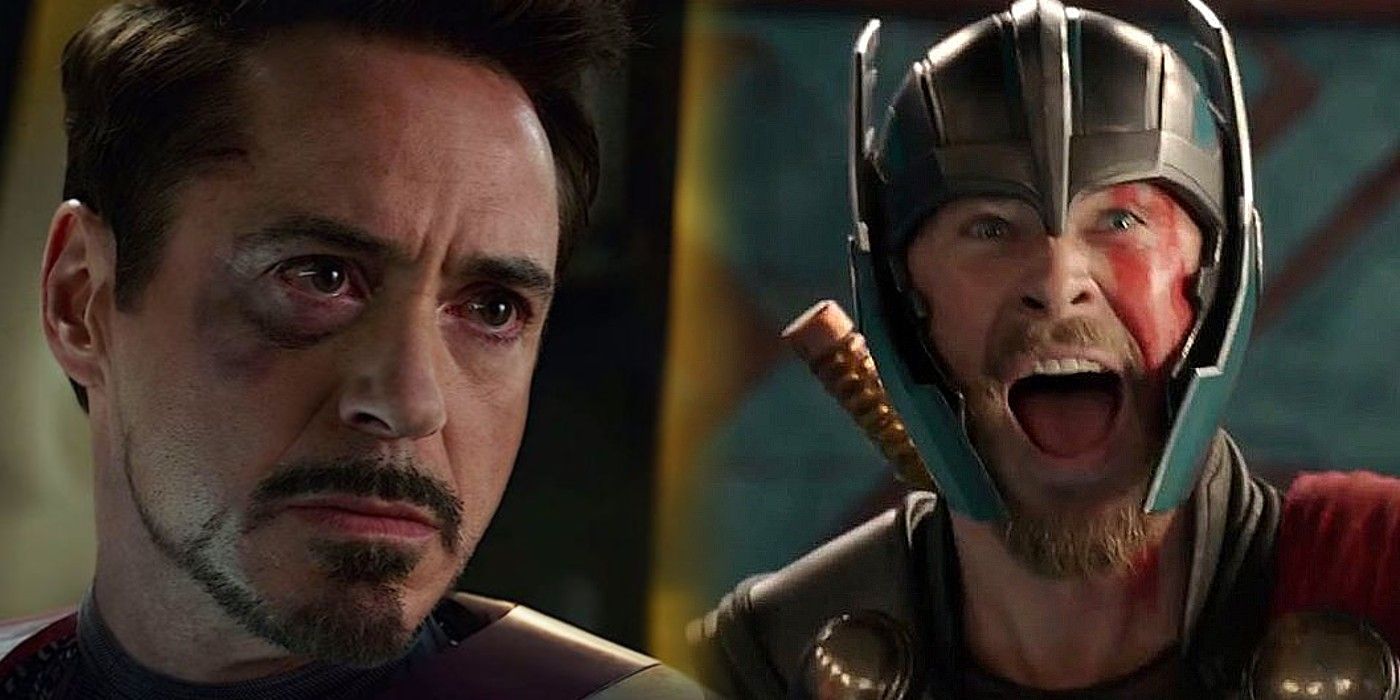Avengers: Endgame's handling of Fat Thor may not be the best, but this evolution of the character is Marvel Cinematic Universe's most genuine depiction of superhero and their struggles. The God of Thunder has been in the franchise since its early years and while he had been a few mishaps before, the last few years had been particularly difficult. This all culminated when he failed catastrophically to stop Thanos' snap in Avengers: Infinity War.
Being an Asgardian, Thor is around 1500 years old, so he's seen a lot of things throughout this lifetime. His personal heroic journey only started, however, when Odin sent him to Earth to learn about humility in order to be worthy of wielding the Mjölnir again. He eventually moved past that, but like his fellow Avengers, that doesn't mean that he's finally problem-free. From fighting his own brother, Loki, who attempted to take over New York in The Avengers, to dealing with the death of his mother Frigga in Thor: The Dark World, it hasn't been easy for him. But nothing compares to the quick succession of tragedies that started with the death of Odin and the destruction of Asgard in Thor: Ragnarok to realizing that there's no way to rectify his Infinity War failure in Endgame.
Given this, it all makes sense that the God of Thunder would inevitably have a breakdown in five-year downtime following Thanos' decimation. For years, Thor found his sense of purpose in fighting on the ground and personally helping people, so the idea that his mistakes were unrectifiable and nothing could be done only gave him more time to dwell on them. This was made so much worse by the fact that he just came off of Ragnarok where he learned that he's more powerful than he thought - only for Thor's considerable powers to still not be enough to save the world and the people he cared about. Instead of his grief being shown through brooding scenes of him working out in the rain, though, Thor goes through coping mechanisms that the general population will be far more familiar with - stopping taking care of himself and losing all his interests he had prior. Though Fat Thor isn't fully addressed as such, it's a painfully honest look at the real ways that people try and deal with emotions they're not prepared for - and a far sight more relatable for it.
Marvel Studios has done something like this before, although in a more subtle way, with Iron Man. Following his near-death experience in the Battle of New York, Tony Stark suffered from PTSD which he struggled to accept. Iron Man 3 did a great job exploring the emotional trauma that he was going through, and how even a genius billionaire playboy philanthropist could have difficulties when it came to understanding their mind. For those who have dealt with similar battles with panic attacks or depression like Iron Man and Thor, seeing them learn to deal with these aspects of themselves and be happy again is just as satisfying as seeing the heroes overcome Thanos.
Amidst the spectacle that Marvel Cinematic Universe's action set pieces, its backbone remains to be its characters. Marvel Studios has effectively come up with superheroes who are ironically, also relatable so it's easier to get invested in their stories. While Endgame could've been more sensitive in depicting Fat Thor as his gain weight came as a result of his depression, it's a real look at how emotionally taxing it is to have that massive responsibility of regularly protecting the galaxy. If anything, there's extra pressure for the God of Thunder to perform since he was also dubbed the King of Asgard before he relegated the responsibility to Valkyrie.








